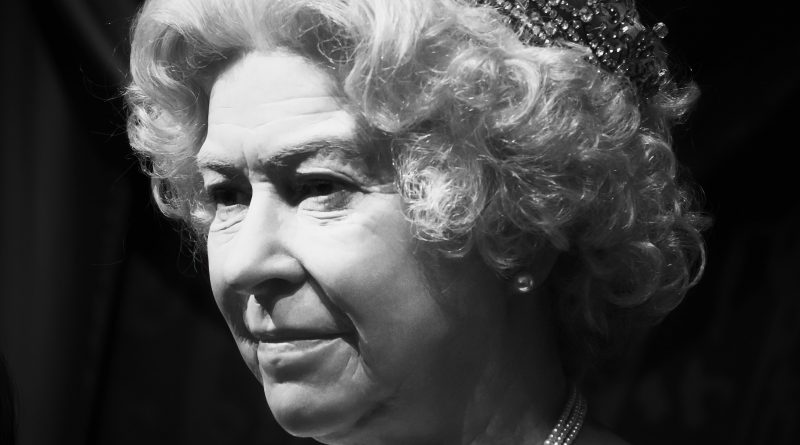Queen Elizabeth’s 70-Year Reign Comes to an End
Cat Anderson
Staff Writer
Queen Elizabeth II, the United Kingdom’s longest reigning monarch, passed away on September 8 and was succeeded by her son, King Charles III, who is now head of state in Britain and its 14 Commonwealth realms. Her reign was historic because she was not in line for the throne when she was born, NBC writes. She would likely have never worn the crown if it had not been for her uncle, King Edward VIII, who abdicated the throne after proposing to an American divorcee. Because he had no children of his own, Elizabeth’s father, King George VI ascended the throne in 1936, NBC continues.
George passed away in 1952, and Elizabeth became queen at just 25 years old. Over the course of her 70-year reign, she came to be known and beloved for what Politico calls her own brand of “marshmallow diplomacy,” and her enduring stoicism. Queen Elizabeth has been revered as the “grandmother of the nation,” writes NBC; Politico continues that her apolitical nature added to her relatability, especially in the United States, where she was popular amongst both Republicans and Democrats. She met with 13 of the last 14 presidents, and former president Barack Obama even called her one of his favorite people, according to Politico.
Irish attitudes towards the Queen, however, are an excellent testament to the complexity of her legacy. As The Washington Post writes, reactions to the Queen’s passing were mixed. While politicians praised her “efforts to repair strained ties between Ireland and Britain,” most Irish people are indifferent, and in some cases, downright hostile towards the monarchy. Ireland gained its independence in 1922, but Northern Ireland remained part of the United Kingdom. The Washington Post reports that this led to tensions between Irish nationalists and unionists, who were loyal to the Crown, leading to decades of violence.
This is just one example of what The Washington Post calls the “‘collective trauma’” of those who suffered due to British colonialism. Throughout Elizabeth’s reign, 17 nations left the Commonwealth Realm including Barbados just last year, writes the Council on Foreign Relations. Reuters continues that Jamaica will likely follow suit, and Antigua and Barbuda plans to hold a referendum on becoming a republic within the next 3 years.
Such republican movements are not unique to the Caribbean. Zimbabwe is a particularly interesting case study, as it is a demonstration of just how quickly attitudes towards the monarchy can change. Al Jazeera writes that when Elizabeth visited the nation in 1991, she was extraordinarily popular. By 2000, however, as internal tensions grew, the relationship between the two nations quickly soured. It is important to note, however, that even as then President Robert Mugabe grew to be more critical of Britain, he never spoke against the Queen specifically. According to Al Jazeera, this is at least partially because she was seen as more of a symbolic figure.
This idea may help to explain why there is speculation that other republican movements will strengthen now that Charles is King. Charles is significantly less popular than his mother, which may lead to an increased desire to separate from the Commonwealth. As the Council on Foreign Relation explains, Belize has said previously that it may consider leaving, and anti-monarch sentiments are slowly growing in Canada. The same holds true in Australia, as well as New Zealand, whose Prime Ministers have both expressed desires to leave the Commonwealth. While these sentiments were already present during Elizabeth’s reign, there is a significant chance that they will strengthen under Charles. British monarchs have very little political power in these nations, but if they were to separate, the losses would still be significant. The global presence of the monarchy is a source of soft power for Britain. If public opinion of the monarchy continues to suffer, that power would diminish significantly, according to Council on Foreign Relations.
It’s still unclear exactly how Queen Elizabeth II will be remembered. On the one hand, many consider her a hero, whose stoicism brought a sense of stability to a nation, and a world, that was constantly changing. On the other hand, many see her as a relic of an imperialist system, a symbol of the atrocities her country committed in its colonial era. Regardless of how exactly she is remembered, there is no question that Elizabeth’s reign was historic from the time it began to the time it ended.



